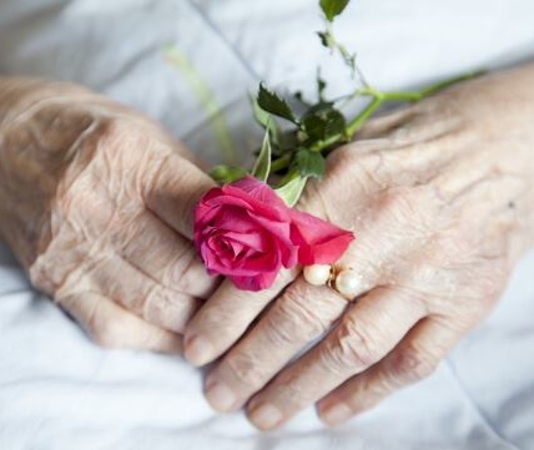The holiday madness and joy is over, but that doesn’t mean it’s time to curl up for a long winter’s nap—especially if there is an elder loved one in your life. The start of a new year is actually the perfect time to check in on their well-being and provide a little extra help.
Pack Up Your Baubles
All those pretty lights, shiny ornaments, the tree, candles, and new gifts need to be carefully stashed or organized. Better yet, use this as an opportunity to help with decluttering in a positive way:
- As you take down the strings of lights or individual ornaments, use this opportunity to discuss a memory associated with them. Ask who made or gave them the stocking or ornament. If there is no special memory, ask if you can donate it and begin to fill leftover shipping boxes with donations.
- Make it a game by agreeing to recycle or donate two previously owned gifts for each new gift. If they got a book, they can give away two older books to a local charity.
- Got a few “white elephants” this year? Start a re-gift box or bag for holidays in the new year (just note who they came from this year so you don’t actually return a gift to someone!).
- Speaking of books, help schedule a book exchange in the near future if they got too many for gifts this year. This can provide an activity to look forward to, as well as create an opportunity to socialize and the final bonus is that you are also getting some cleaning done.
Be Safe
As you go through the house to pack up the holiday trinkets, use this opportunity to recheck safety devices such as smoke detectors and others that rely on batteries or other features that might expire.
According to the National Fire Protection Association (NFPA), at age 65, people are twice as likely to be killed or injured by fires compared to the population at large. Home safety considerations include:
*Is there a fire escape plan?
*Are all smoke alarms currently working? Test monthly.
*For those able to use fire extinguishers, are they located properly?
*Have you tested for radon? This is the second leading cause of lung cancer.
Also, look around for potential fall or slip hazards in the home and offer to make necessary repairs to reduce the risk. One fall can have life-changing consequences—even those who are lucky enough to escape injury may develop a fear that limits their activities. Consider a free in-home falls risk assessment from a licensed home care company or implement fall prevention tips from the National Safety Council.
Red, Green…Blue?
Although the holidays are associated with merrymaking, this can be a challenging time for some people—especially those who have lost a loved one recently—and the season itself can pose unique difficulties. Seniors can sometime be more housebound at this time of year and need more attention.
Winter can be a tricky time for people of all ages as the shorter days and longer nights are tied to symptoms of depression and Seasonal Affective Disorder (SAD). Symptoms include:
*Social withdrawal
*Hopelessness
*Depression
*Anxiety
*Loss of energy
*Oversleeping
*Loss of interest in activities previously enjoyed
*Weight gain
*Difficulty concentrating
Experts recommended seeing a healthcare practitioner for a correct diagnosis.
While many people are eager to get back to work and pre-holiday routines, this is a time when seniors may need their loved ones even more—whether for companionship, getting things in order or planning for the year ahead.





